”Life's but a walking shadow,
a poor player that struts and frets his hour
upon the stage and then is heard no more“
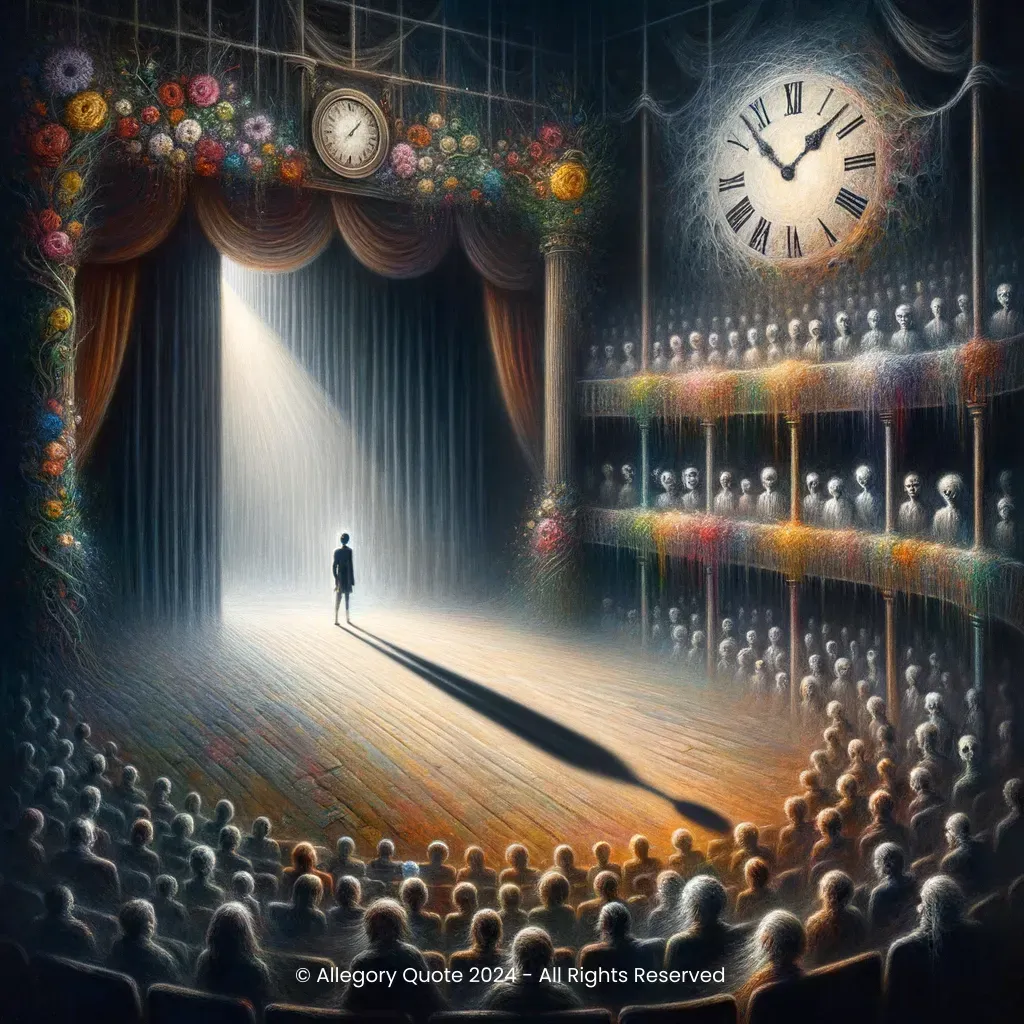
0
0
0
0
- Meaning
- This phrase captures the transient and often meaningless nature of life. It metaphorically compares life to a "walking shadow" and an actor ("a poor player") on a stage who has a brief moment in the spotlight before disappearing forever. Shakespeare implies that human existence is fleeting, insignificant, and ultimately void of enduring substance, filled with moments of anxiety and empty displays ("struts and frets") before fading into oblivion.
- Allegory
- The image of the solitary figure on a dimly lit stage encapsulates the essence of life's fleeting and performative nature, as described in Shakespeare's quote. The worn attire of the actor signifies the vulnerability and humanity of individuals, emphasizing that our time in the spotlight is limited. The melting clock above the stage symbolizes the relentless and often distortionary passage of time. The shadowy, indistinct faces in the background represent society and the ephemeral nature of public attention and legacy. Lastly, the mix of vibrant and wilting flowers around the stage captures the cycle of life—while some moments are bright and full of life, they inevitably fade and wilt, underscoring the transient beauty of existence.
- Applicability
- This phrase invites individuals to reflect on the ephemeral nature of life. It can serve as a prompt to seize the day, live authentically, and find meaning in one's actions and relationships, knowing that life is short and moments pass quickly. It’s often used to underscore the importance of making the most of the present.
- Impact
- This phrase has had a significant impact on literature and popular culture. It is frequently cited in discussions about the meaning and brevity of life. Its philosophical depth has inspired countless works of art, literature, and even psychology, contributing to existential dialogues and reflections on the human experience.
- Historical Context
- This quote originates from the play "Macbeth," first performed in 1606 during the Renaissance period in England. The historical context reflects Shakespeare's exploration of themes such as ambition, power, fate, and the human condition.
- Criticisms
- Some critics argue that this pessimistic view of life can be overly nihilistic and may overshadow the value and potential meaning found in human existence. Others contend that applying such a bleak perspective universally disregards the diversity of human experiences and cultures that imbue life with various forms of meaning and purpose.
- Variations
- There are no prominent variations of this specific phrase within Shakespeare's works, but its themes resonate across different cultures and literary traditions. For instance, many Eastern philosophies emphasize the transient nature of life, similar to Shakespeare's depiction.
-

The empty vessel makes the loudest sound.
-
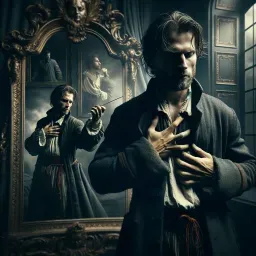
O, what a rogue and peasant slave am I!
-
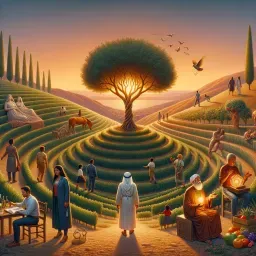
There is no other life; why don’t you give your whole heart to this one?
-
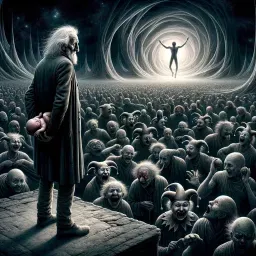
When we are born, we cry that we are come to this great stage of fools.
-

How sharper than a serpent's tooth it is to have a thankless child!
-
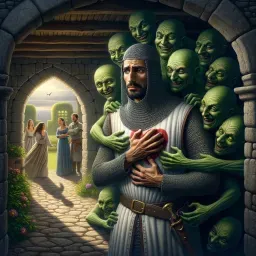
O, beware, my lord, of jealousy; It is the green-ey'd monster which doth mock the meat it feeds on.
-

Words, words, mere words, no matter from the heart.
-

There was never yet philosopher that could endure the toothache patiently.
-

Give sorrow words; the grief that does not speak knits up the o-er wrought heart and bids it break.
-

The smallest worm will turn, being trodden on.
No Comments